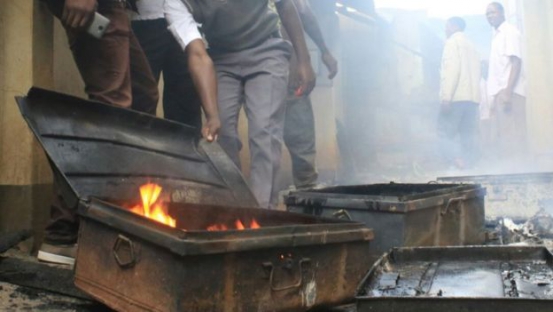×
The Standard e-Paper
Kenya’s Boldest Voice

An audit report has faulted schools for failing to establish clear disciplinary measures to contain student unrest.
Most secondary schools, the report says, have too many schools rules, some of which lack clarity on the mode of discipline.